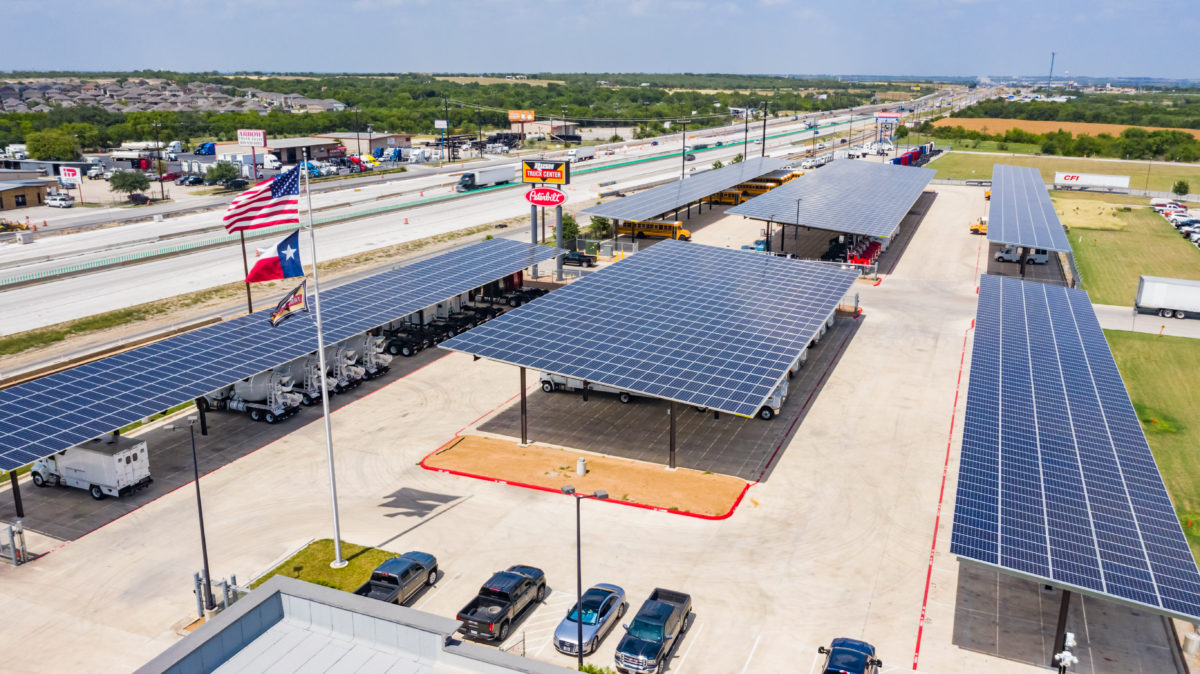This memorandum provides an example of how local governments can form a partnership with electric utilities to foster a clean energy collaboration.
Memorandum of Forming A Clean Energy Partnership with Utilities: Example of St. Petersburg, FL


This memorandum provides an example of how local governments can form a partnership with electric utilities to foster a clean energy collaboration.

This memorandum provides an example of how local governments can form a partnership with electric utilities to foster a low-carbon, smart city collaboration.

RMI’s report introduces a vision for the next generation of community solar. Community Solar+ is a whole-systems approach to deliberately plan and deploy community solar projects to embrace added value streams, capture greater economies of scale, and advance additional community-wide sustainability and equity goals. Community Solar+ is a way to do more with less by designing projects to also help build out electric vehicle charging infrastructure, align the grid for an electrified future, mitigate urban heat island effects, and more. The report is targeted at state and local governments, utilities, developers, and community members.
This ACCC Renewables Accelerator case study examines a coordinated effort by local governments in North Carolina to provide insight into how and why local governments are increasingly getting involved in utility Integrated Resource Plan (IRP) processes. It shares details and takeaways from this leading example of local government collaboration to inform other local governments’ efforts to advance a cleaner, more equitable, and sustainable energy future.
This report focuses on key issues that influence the amount of solar energy incorporated in integrated resource plans, and how these plans can impact customer clean energy goals.
This Clean Energy Collaboration is a formal agreement that outlines various overarching values, goals, and shared principles to foster a Low Carbon, Smart City Collaboration for all Charlotteans. It outlines a strategy for cooperation and achievement of a shared vision through broad collaboration, focusing on innovation, low carbon energy, economic development opportunities, customer choice programs, and technology.
This Clean Energy Collaboration is a formal agreement that outlines a shared commitment to a cleaner, greener future. The MOU states that the two parties will meet at least quarterly to identify and move forward priority projects on transparency and data access, transparency of stakeholder engagement, energy efficiency, renewable energy/community solar, resilience, smart technology, and mobility electrification.

This support package provides local governments with a foundational understanding of integrated resource plan (IRP) processes and key considerations to help local governments evaluate their engagement plans and craft an initial engagement strategy.
This blog discusses how the PJM Cities and Communities Coalition (PJMCCC), the first city coalition organized specifically to address wholesale market level issues, was formed along with its efforts to reform the PJM market.
PJMCCC statement on the importance of storage deployment in the PJM territory and its role in supporting renewable energy integration, resilience, equity, and clean energy job creation.
